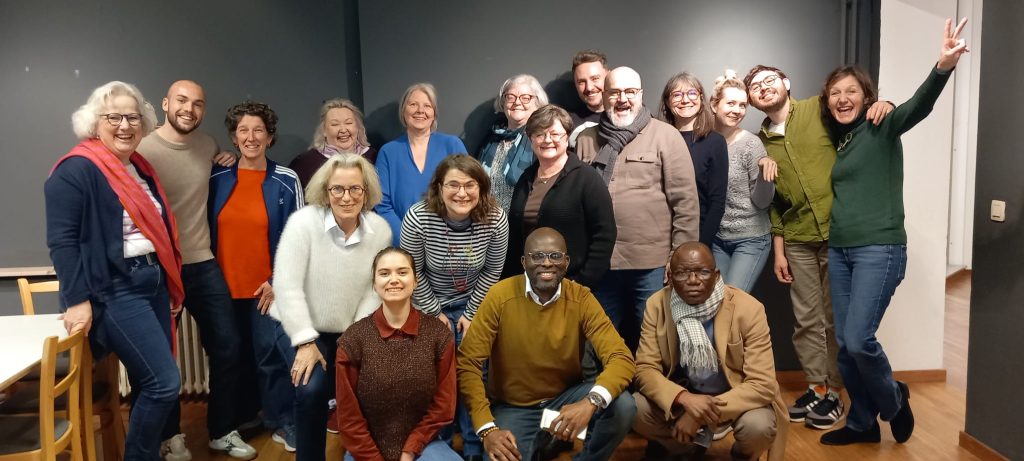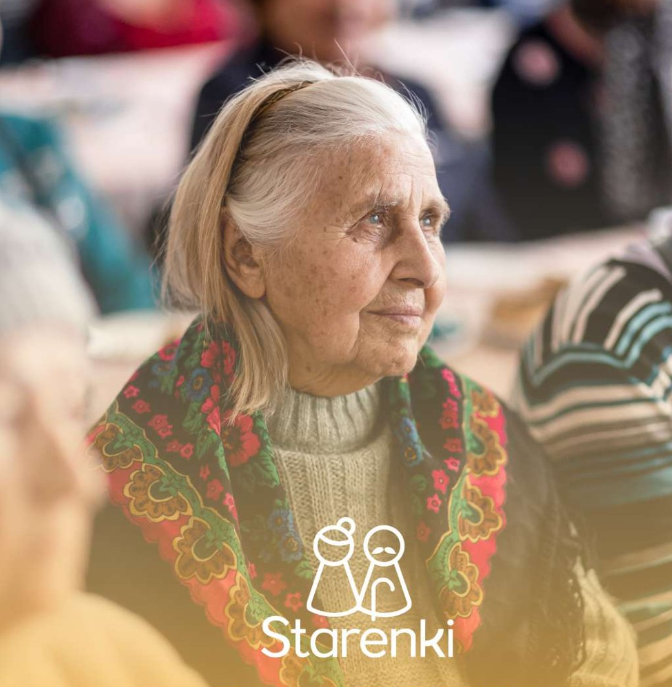In a context of unprecedented health and social crisis, the French organization Petits Freres des Pauvres publishes its 4th report on the isolation and loneliness of the elderly, devoted this year to the effects of lockdown on people over 60 years of age.
What are the most striking lessons from this study conducted by CSA Research?
Jean-Louis Wathy, deputy director of the association Petits Freres des Pauvres in France, shares his insight on the study results:
- The effects of lockdown on the elderly highlight the dangers of social isolation.
The report highlights the dangers of social isolation for individuals. The cessation of activities and thus the severing of social ties has highlighted the consequences of isolation on the moral and physical health of the elderly.
This quantitative (1503 people aged 60 and over) and qualitative (12 interviews of people accompanied by the Association) study carried out by CSA Research shows that 41% of elderly people mention a deterioration in their moral health and 31% say they have experienced a deterioration in their physical health.
The consequences of lockdown will be long-lasting. People who used to go out, no longer dare to do so or find it difficult to do so, even with aid equipment. So they lock themselves in even more and it is a spiral of confinement. The social bond, the integration of the person into the neighbourhood, is a major issue.

- Citizen mobilization has been particularly strong during the crisis, but older people fear that it will not last over time.
There was a strong desire for commitment from the French population. 300,000 people spontaneously registered on the site set up by the government to offer their time during this period. This outpouring of solidarity shows new forms of aid, particularly for one-off help.
We can see that hundreds of thousands of people could do things or have done things, without saying so and without registering. Active solidarity exists.
However, 62% of older people think that this will not last over time. Older people have been sidelined from society and they think that reconsidering them is not possible. This is worrying because they do not believe in their resettlement in society.
Likewise the elderly are very happy to see that through this crisis much has been said about them, but to do what, is this going to continue? They are not convinced.

- With this crisis, isolation has in any case become a major issue. The future challenge for associations like ours is how to mobilise politicians and citizens in the fight against isolation of the elderly.
In France, a law on care for loss of autonomy is in preparation. The issue of social isolation will be introduced there following the period of lockdown.
The public authorities will not be able to take any further action, but they can support the voluntary sector. Associations must organise themselves to welcome volunteers more easily, build commitment pathways, have more teams in the field and set up territorial coordination to support small groups that would be committed to the fight against isolation and in favour of the social bond of the elderly.
The social connection of seniors also refers to the issue of the link between generations. In this link between generations, Petits Frères des Pauvres believes that the subject of “end of life” is also an unavoidable point. We see aging as a fear, the end of life must be part of our environment. That we no longer place the elderly away from the city. No longer be afraid to talk about death.
This crisis has accentuated the lockdown of the elderly, and for those who have died, support has often not been able to be provided normally. In order to create a link between the generations and for our generations to see the future with serenity, the end of life must no longer be hidden. It must be at the heart of our neighbourhoods, our cities. Perhaps by creating small living units in close proximity?
This period of lockdown has brought to light that many things must change in our society in order to reduce the phenomenon of isolation of the elderly; the Petits Freres des Pauvres Association is committed to being present so that this new impetus can take place.
> Overview of the report (in French)







